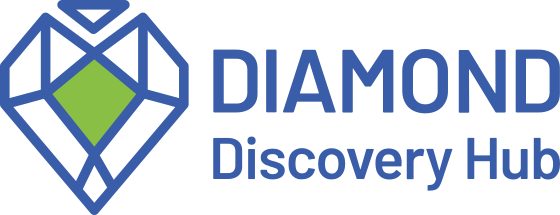Journal Ownership
Every journal in the DDH is assigned an owner responsible for its management and curation. The owner’s duties include reviewing update suggestions. The journal owners are journal data sources or DDH editors, who can be seen as a special kind of journal data source.
Notification system
Each trusted data source has its representatives who, on its behalf, can perform certain actions related to the journal owned by the source. For example, they can accept or reject metadata changes for a given journal. Representatives also receive email notifications about actions waiting for their response. When the owner of a journal is a source system, such notifications are sent to all individuals with the role of Source Representative for this particular system. When the owner of a journal is the DDH editorial team, a selected editor is the contact point for notifications relating to the journal (usually the editor who last edited the journal).
Ownership transfer
If your journal is already on the DDH and you would like to claim the ownership, you need to suggest a change to this journal, either by resubmitting it as a trusted source or by choosing “edit” in the journal view, modifying the metadata and clicking on “propose change”. The current owner of the journal will have to confirm your update together with transferring the ownership in one step.
Journal Updates
Metadata updates adhere to ownership rules and source trust levels. For supporting sources, updates overwrite previous journal metadata, with the most recent timestamp taking precedence if multiple supporting sources are involved. Trusted sources always overwrite supporting sources metadata, and updates from the same trusted source replace previous versions. For updates between different trusted sources, metadata mismatches are resolved through notifications (automated emails), with arbitration by the DDH editor if agreement cannot be reached, and with auto-acceptance mechanism when no decision has been made during a certain period of time. If multiple trusted sources attempt updates simultaneously, solutions include prioritising decisions from one source, queuing updates, or rejecting secondary requests. Metadata from supporting sources does not overwrite data from trusted sources or the DDH editor, since DDH editors are treated as a trusted source.
Examples:
- If a trusted source representative updates a journal which is owned by DDH editors, then DDH editors have the possibility to either accept or reject the updates. The change can be accepted with or without ownership transfer. If a DDH editor accepts the updates with ownership transfer, then the trusted source representative becomes the new owner of this journal. If no decision is made by the DDH editor within 14 days, then the update will be automatically accepted, but the DDH editor remains the owner of the journal within the DDH.
- If the trusted source A updates a journal which is owned by the trusted source B then the trusted source B representatives can accept or reject the change. If they accept the change, then the change is persisted and visible in the DDH. The change can be accepted with or without ownership transfer. If it is accepted with ownership transfer, the trusted A becomes the new owner of the journal within the DDH. If they don’t accept the change, the journal metadata does not change and the trusted source B remains the journal owner. If no decision is made, the change is auto-accepted by the DDH update workflow module and the trusted source B remains the journal owner.
The detailed description of the updating workflow for the most complex scenario is explained in Multiple simultaneous journal updates from different trusted sources.
Journal Deletions
If the DDH detects a situation where some journal is not available in data source anymore, it marks it as “to be deleted”. The final decision whether the journal should be deleted or not is made by the DDH editor. If no decision has been made after 30 days, the journal will be deleted automatically. DDH editors are notified weekly by email on how many journals are marked “to be deleted”. DDH editors are also able to delete journals directly from the Graphical User Interface (GUI) without the need for confirmation of other users.
